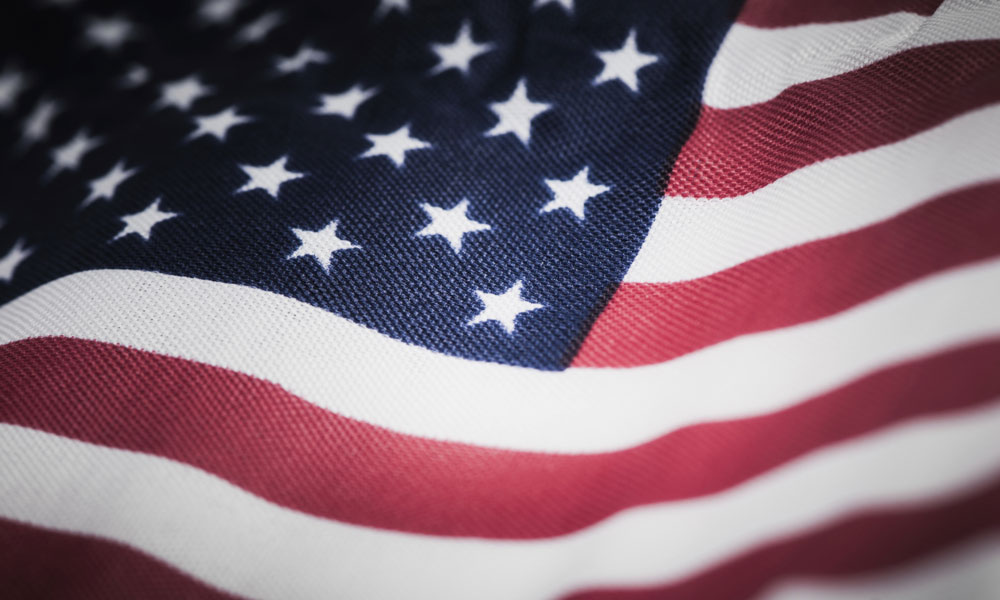
Survey: Veterans Among Most Active Civically Engaged Citizens
A first-ever examination of the civic health of the country’s veterans found that, given the opportunity, they make a major impact on local communities. The survey also dispelled several rumors about the veteran population.
Service to one’s country doesn’t end when the uniform comes off, according to the results of a first-of-its-kind survey on civic engagement among veterans.
Through our research, we have found that veteran status is a powerful predictor of civic engagement, which translates to tangible and measurable positive impacts in our communities.
The 2015 Veterans Civic Health Index, a collaboration between the National Conference of Citizenship and veterans’ advocacy group Got Your 6, showed significant and positive trends in the level of civic engagement among the country’s veteran population, especially around voting and volunteering. The groups used data from the Center for Information and Research on Civic Learning and Engagement’s analysis of the Census Current Population Survey.
“Each year, about a quarter-million veterans return to communities across the country,” the survey’s authors wrote in the report. “Like the community itself, veterans reach their full potential when given meaningful opportunities to engage. The majority of veterans return home seeking new challenges and opportunities—ways to continue serving their community and country.”
Among the key findings:
- Veterans volunteer an average of 160 hours annually, the equivalent of four workweeks. By comparison, nonveterans serve about 120 hours per year.
- Veterans were more likely than nonveterans to attend community meetings, fix problems in the neighborhood, and fill leadership roles in community organizations.
- More than 17 percent of veterans are involved in civic organizations, compared to just under 6 percent of nonveterans.
- Nearly 60 percent of veterans under 50 years old vote in local elections, compared to 49 percent of nonveterans under 50 years old.
Further, the survey found that veterans are more likely to contact public officials, discuss politics, and are more trusting of their neighbors.
“Through our research, we have found that veteran status is a powerful predictor of civic engagement, which translates to tangible and measurable positive impacts in our communities,” Chris Marvin, Army veteran and managing director of the Got Your 6 campaign, said in a statement. “Veterans return home from service hungry for their next mission and we, as a nation, should empower them to use their training to strengthen communities here at home.”
The groups also took the opportunity to combat some misconceptions about the veteran population. According to the survey, veterans’ unemployment rates have been consistently lower and median income has been consistently higher than nonveterans. Homelessness is a concern, but veterans only make up 8.6 percent of the total homeless population. And, citing U.S. Department of Veterans Affairs data, the survey points out that only 11 to 20 percent of veterans experience post-traumatic stress disorder.
“It is important to frame veteran reintegration as an opportunity for our country,” the authors wrote. “Nonveterans, veterans, and institutions must work together to change the cultural narrative around veterans from one of charity and pity to one of leadership and empowerment.”
(iStock/Thinkstock)






Comments